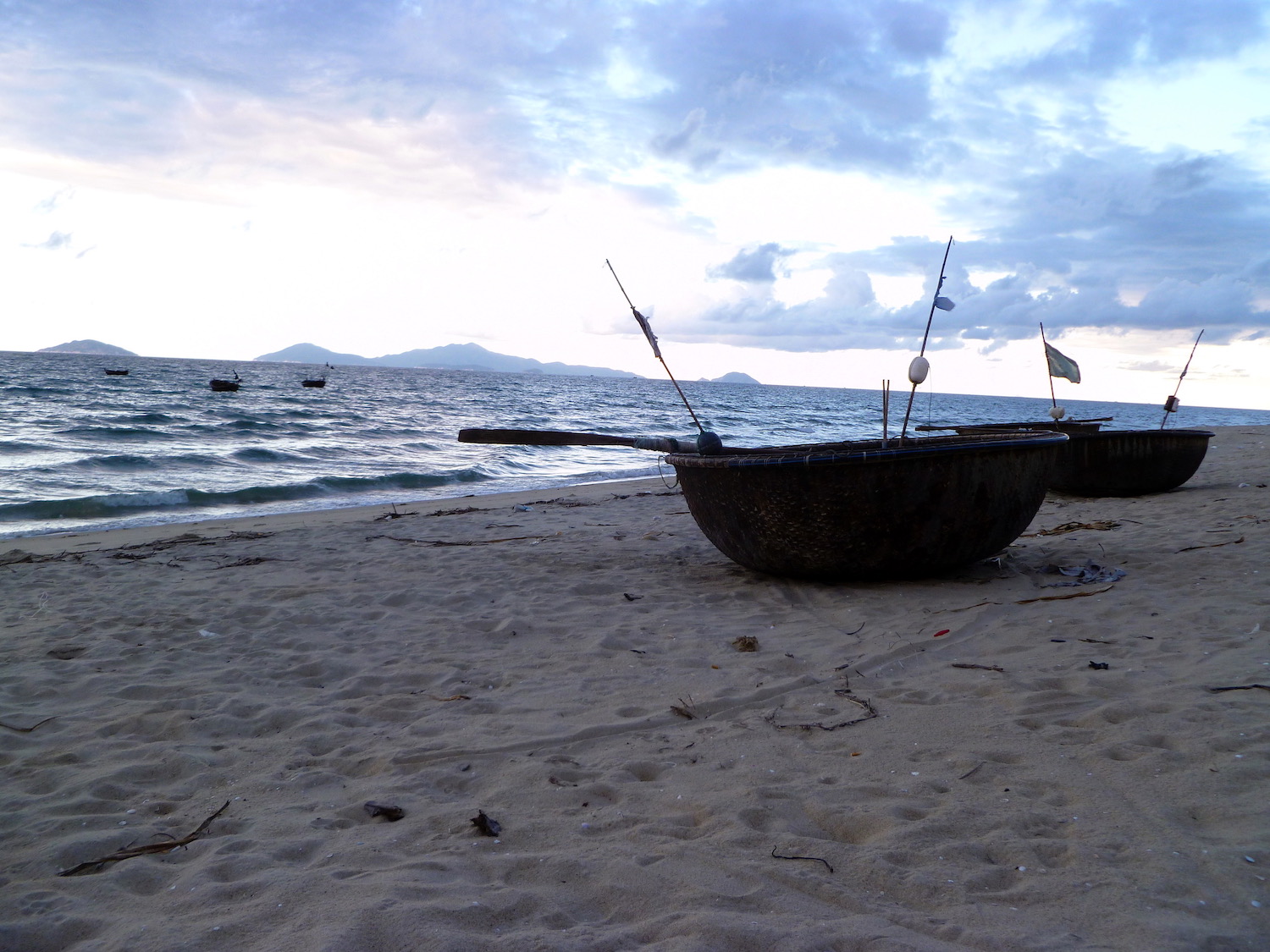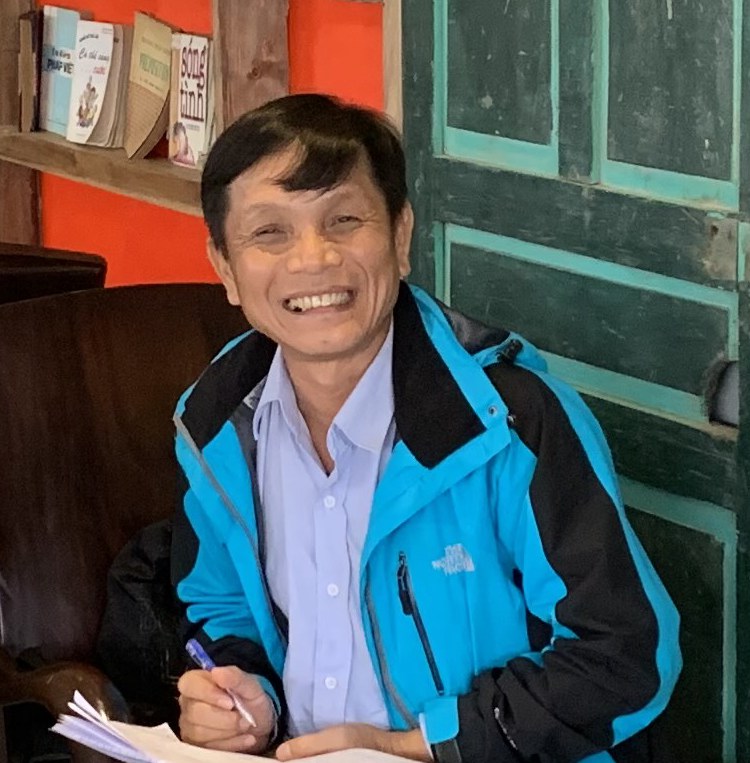In today’s fast-paced and increasingly globalized world, it is imperative to develop awareness and leadership skills for global citizenship. This course is designed to give you a first-hand perspective into the field of international development, and critically analyze its effectiveness in the context of globalization in a post-conflict environment. On our visit to Vietnam, we will examine the connections between urban and rural communities that are essential to maintain local livelihoods and ecosystems by utilizing an asset-based community development methodology.
You will have the opportunity to take a more in-depth look at governmental and non-governmental organizations, as well as important social and environmental issues in Vietnam through the eyes of engaged local leaders and youth. By the end of the course, you will have a variety of practical skills, as well as understand how grassroots community development can aid in creating more sustainable, long-lasting solutions to the challenges we face around the world. By participating in this program, you will gain skills applicable to careers in the private and public sectors, including intercultural communication, community-based research, data collection, and project management.
Key Features
Develop professional skills in community-based research, development & project management
Learn about Vietnamese & Southeast Asian culture, history, and religion through the eyes of local students
Spend four weeks in Central Vietnam working with local stakeholders, including government officials, NGOs, and local university students
Visit communities that you would not have access to as a tourist, and get an inside perspective into local development initiatives
Travel to: Hue, Da Nang, Hoi An, Cham Island, and Ho Chi Minh City, as well as surrounding areas in the Quang Ngai Province
Earn six credits through Western Washington University
Program Information
Summer quarter 2022
-
Tuition - $1,680
Program Fee - $1,525
Deposit - $1,000
WWU Fees - $94
All costs listed are estimated. Please see Western Washington University’s budget sheet for more information on fees and tuition for non-resident students, as well as further explanation on billable and non-billable expenses.
INCLUDES:
Tuition and fees for 6 upper-division credits through Western Washington University
Lodging & meals (B, L, D)
Ground transportation in country
Excursions and all fieldwork activities (e.g., admissions to temples, museums, parks, etc.)
Travel health insurance
Carbon offset for air travel
NOT INCLUDED:
Airfare & trip insurance
Passport & visa
Immunizations/personal medical expenses (including COVID-19 test for border crossing)
Books & supplies
Independent travel & personal expenses
Community Partners
This program was developed in partnership with a multitude of local partners, and requires you to work directly with local university students, NGOs and government officials. Some partners include:
Da Nang University of Education
International Exchange Club, Ho Chi Minh City National University of Social Sciences & Humanities
Pham Van Dong University
Cu Lao Cham Marine Protected Area
Da Nang Institute for Socioeconomic Development (DISED)
Let’s Do it Vietnam
GreenViet
Action for the City
Go-Co Community School
Center for Social Research & Development
Unlike other programs, we do not just sit in a classroom and listen to presentations by these organizations. We work together in the field and explore different communities, while building the necessary skills for community-based research and development.
Community Project
The core component of this course involves working in a small, multi-cultural team with Vietnamese and Japanese university students to co-develop a project idea with the local community. Participants will learn about different tools they can use to work with and gather information from residents at each place we visit. As a result, you will develop skills in community-mapping, stakeholder analysis, story-telling, interviewing, and project management.
Fieldwork ends with a homestay in Go Co Village where students will put everything they have learned into action. Each team will work with the local community to develop a project idea. Teams will then present their ideas to local community members and government officials.
This hands-on experience is reflective of processes used by professionals every day. But it requires you to be humble, listen to the community, and realize we are not the experts.
Have Questions?
Trip Leaders
Ashley Hollenbeck
Executive Director, InPlace
Affiliated Faculty, Western Washington University
Chu Manh Trinh
Researcher, Cu Lao Cham Marine Protected Area, Quang Nam Province, Vietnam
Robert Dormer
Associate Professor, Global Studies,
Hiroshima Jogakuin University











